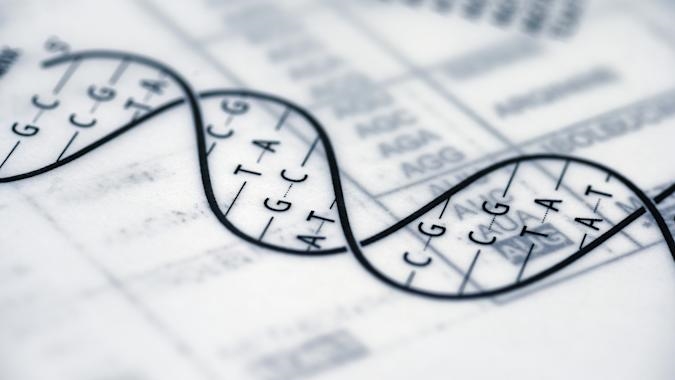Scientists sequence 64 human genomes to better reflect genetic diversity
It should reveal more about diseases and our species’ variety.


The Human Genome Project shed light on our species in 2001, but it was a patchwork of different humans’ genes that didn’t really reflect humanity’s genetic makeup. Flash forward 20 years, however, and science is taking a significant leap forward. Researchers have revealed a new dataset of 64 sequenced full human genomes that should better reflect genetic diversity. Until now, scientists have typically looked at small genetic changes — this could spot broader structural differences.
The new reference point covers 25 different human populations. Crucially, it doesn’t borrow from the Human Genome Project’s original material and should highlight differences as a consequence.
There are limitations. The team warned that its genome sequencing still didn’t cover the “full spectrum” of gene structure variations, leaving gaps in coverage. Technological developments in combining data should help, but it could be a long while before there’s a complete picture of the differences between human populations.
Even so, the dataset should prove extremely useful for medicine. It could help pinpoint genetic predispositions toward diseases and other health conditions, leading to deeper understandings of health issues that disproportionately effect certain groups. That, in turn, could lead to more effective treatments that truly serve the whole human population, not just certain parts of it.
(45)